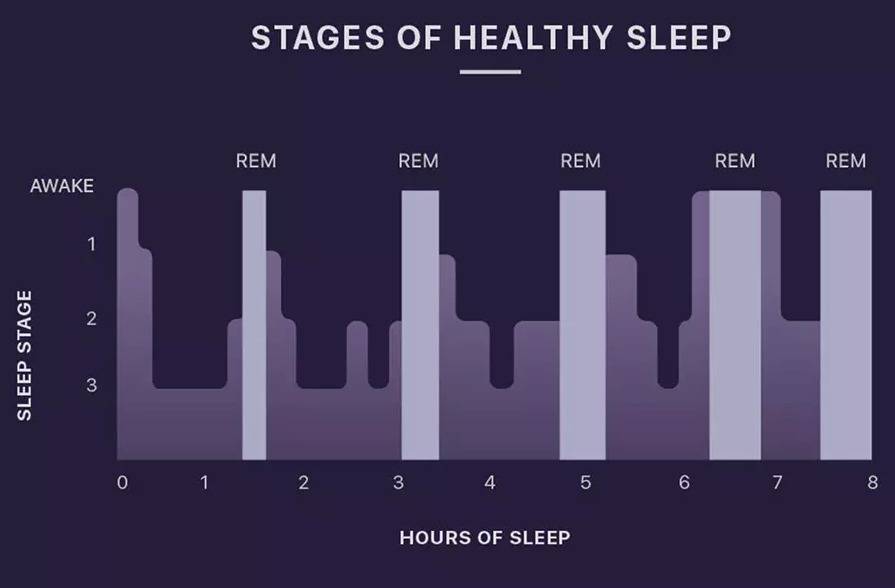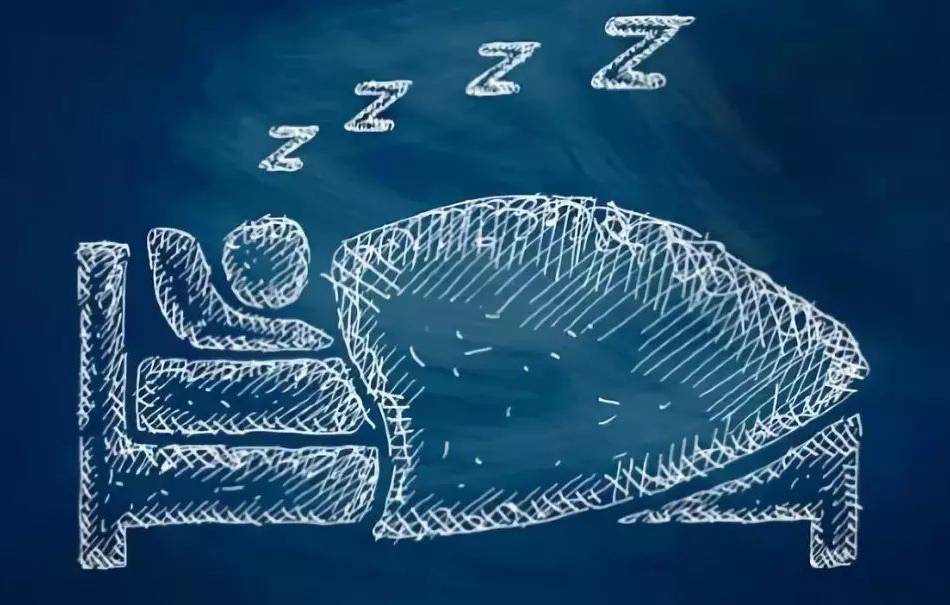
What actually happens in the brain during sleep?
Healthy consistent sleep is the key to a high quality of life. A good night’s sleep improves your energy, cognitive abilities, and overall mood. What many people aren’t aware of is what actually happens when you do get some satisfying shut eye. Your body goes through a number of sleep stages to get to dreamland and rest up!
The Importance of Understanding Sleep Stages and Cycles
In 2007 the American Academy of Sleep Medicine changed the number of stages of sleep from five to four. The first three sleep stages are what’s considered non-rapid eye movement (NREM) sleep, also known as quiet sleep. The last stage is known as rapid eye movement sleep (REM), also called active sleep or paradoxical sleep.
These cycles all have a purpose in maintaining your brain’s overall performance, getting you healthy and ready for the next day. This process repeats several times a night in order to increase the length and depth of REM sleep.
Read on to find out what happens during these stages and what can affect your ability to move through them naturally!
Light Sleep: Stage 1
In this stage, your eyes are closed and muscle relaxation has begun, but you can easily be disturbed. Your brain is still relatively alert, and produces what are known as beta waves. It’s here that some people experience the feeling of falling that can cause sudden muscle contractions, bringing you right out of light sleep. If you wake up from this stage before going through a full sleep cycle, you’ll likely feel as though you didn’t sleep at all.
Light Sleep: Stage 2
While still considered light sleep, stage two is about preparing your body for deeper sleep. During this stage, your heart rate slows and your body temperature drops. Eye movement stops, and brain waves slow down, too. Your brain begins to produce alpha waves to relax. In this stage, the brain is said to be gathering, filtering, and processing the information of the day. You’re now ready for the next stage.
Deep Sleep: Stage 3
In this stage, your brain is producing deep slow waves known as delta waves. It is here your body begins physical repairs, and your brain is consolidating information and memories based on your experiences. During delta sleep, your body is completely relaxed, your blood pressure and breathing slows, and you’re on your way to even deeper sleep. In this stage, getting enough sleep allows you to feel refreshed the next day.
Deep Sleep: Stage 4
Welcome to dreamland! When you first reach REM, it may only last around 10 minutes. The final cycle of REM typically lasts around an hour. In REM, your brain activity closely resembles activity during waking hours. To prevent you from acting out your dreams, your body is temporarily paralyzed. Your breathing speeds up, as does your eye movement, and dreams can be vivid and intense in this stage.
The Ideal Sequence
During a full night of uninterrupted sleep, the most common sequence of sleep cycles tends to progress as follows:
- Stage 1 NREM light sleep
- Progression from NREM 1 to NREM 2
- Progression from NREM 2 to NREM stage 3
- NREM stage 2 is repeated
- REM sleep occurs
This sleep cycle usually repeats about four or five times total, sending the brain back to alpha sleep after REM sleep to begin again.
Interrupted Sleep
When your sleep is not continuous throughout the night, it’s considered interrupted, disrupting your sleep cycle. A number of issues from both outside and internal factors can be at play here. They may happen occasionally or on a chronic basis, which may require a visit to a sleep specialist.
Some factors that could lead to interrupted sleep include:
- Old age, not being very active
- Pain and inflammation
- Frequent urination and bathroom trips
- Sleep disorders like sleep apnea or restless leg syndrome
- Lifestyle habits like cigarette use, excessive alcohol, or caffeine intake
- Cognitive impairments and mood disorders
- Other health conditions such as: Parkinson’s disease, obesity and heart disease.
Conclusion
Naturally progressing through the 4 sleep stages is the body’s way of healing, processing information, and storing memories. The entire process affects your temperature, breathing, cells and muscles. Not going through the four stages to get enough sleep as you should can lead to serious health issues, and difficulties with cognitive abilities such as:
- problem solving
- being creative
- emotional regulation
- making decisions
- learning and focus





